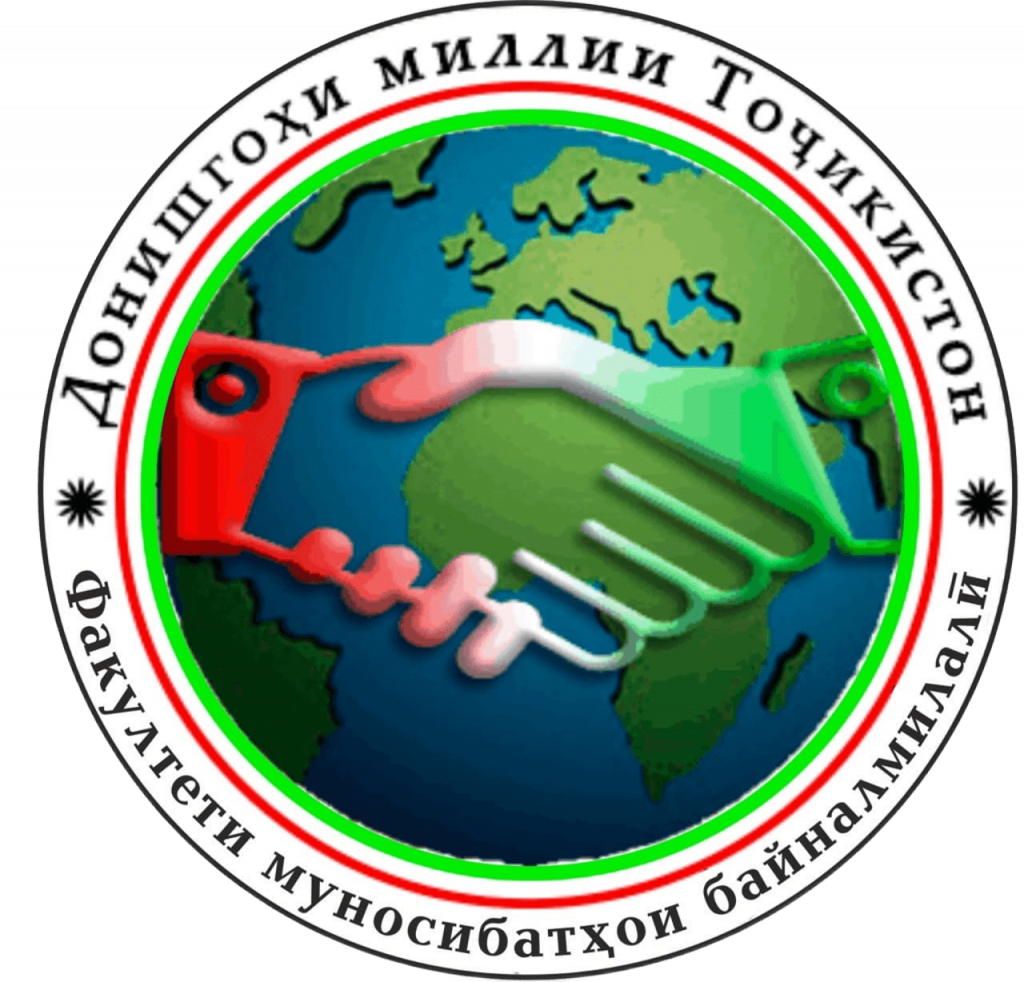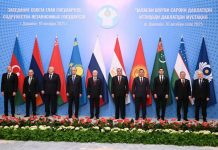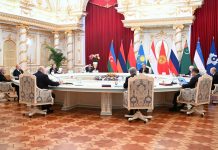Energy is one of the most important components of the economic and political power of the state in the modern world. The fuel and energy complex is a key sector of the economy for the vast majority of countries in the world. As for hydropower or renewable energy complexes, they most likely form the basis of the economies of several countries. The level of national security in economic, social and political terms depends on its condition, especially in the technological plan, which predetermines the special attention of the leadership of many states to ensure global energy security. The global nature of energy problems and their increasing politicization in the face of increasing competition in world energy markets make the energy factor one of the main elements of international politics and diplomacy. World experience shows that the energy direction of foreign policy has been formed and continues to develop, which has led to the emergence in diplomacy of the leading countries of exporters and importers of energy resources, equipment and services, as well as transit states, a new field of activity, which in practice is increasingly called energy diplomacy. In addition, corporate diplomacy of the world’s leading energy companies continues to improve.
The concept of «energy diplomacy» implies the practical activities of foreign policy, foreign economic and energy departments, in some cases together with companies, to implement the goals and objectives of “external energy diplomacy”. Traditional forms, methods and means of diplomatic practice, as well as some features related to the specifics of the energy industry characterize this functional area of diplomatic activity.
“Foreign energy policy” is understood as the sphere of activity of states in international relations in protecting and upholding national interests arising from the production, transportation and consumption of energy resources. The goals, objectives, priorities and directions of foreign energy policy are closely intertwined with the state’s foreign policy.
Energy diplomacy is seen as a new area of diplomacy and, above all, economic. However, limiting energy diplomacy only to the economic sphere of activity would not be entirely legitimate. Everything related to energy is extremely politicized, since it is the basic industry for economic activity at any level: global, regional, national. Energy diplomacy is a means of implementing not only national policies, but also regional ones. Energy diplomacy deals with such issues as guaranteed provision of energy carriers, access to their sources, methods and routes for transporting hydrocarbon raw materials and electricity, nuclear energy safety and others.
Energy is a priority area of the economic policy of the Republic of Tajikistan and its development is beneficial to the state and people. The energy sector in the modern world is considered the basis of the economy for most developed and developing countries of the world.
At the beginning of the new century, where there has been a rapid growth in integration and globalization processes, the demand for energy is excessive, and some countries of the world use it as a lever of their foreign policy. The prospects for the development of the energy sector in Tajikistan are encouraging, and mega energy projects are currently being implemented. Given the energy potential, especially hydropower, Tajikistan in the near future may become an energy-exporting state in the region and the world.
Even during the Soviet Union, the leadership of this great power paid special attention to the energy sector of Tajikistan and this was the reason for the construction of large hydropower and thermal power plants. In the last decade of the last century, when Tajikistan became an independent state, some countries of the world expressed their readiness to cooperate with our republic in the field of energy. In particular, the Islamic Republic of Pakistan spoke out about the construction of the Rogun hydropower plant and was ready to allocate $600 million for its implementation (then about 20-30% of the construction work was completed).
Due to the lack of oil and gas resources in the republic, the implementation of some power plants can transform this industry into the driving force of the Tajik economy. At present, the republic’s hydropower potential is 530 billion kilowatt hours per year, which is considered the largest indicator among the countries of Central Asia. But unfortunately in Tajikistan, only 20-21 billion kilowatt hours (4% -6%) of electricity are generated annually, which does not satisfy the state’s demand in the winter.
The energy factor in Tajikistan’s foreign policy is important and some hydropower projects are being implemented with the help and assistance of the Ministry of Foreign Affairs. In the modern world, which has a globalization development trend, each country must ensure its energy independence, because this is the main factor in the economic development of any country. Energy independence is also included in the three strategic goals of the Republic of Tajikistan.
Therefore, during the 28 years of independence, 2 hydroelectric power stations have already been built in the republic, and the construction of a large hydroelectric power station in Central Asia Rogun continues and should be completed by 2029.
93% of the territory of the Republic of Tajikistan is covered by mountains. The main source of Tajik rivers are large glaciers that occupy 6% of the state. Thus, taking into account the huge hydropower potential, Tajikistan considers the development of hydropower or energy in general, a priority of its policy. Hydropower is considered the only source of electricity for the population and economy of the country. It should also be noted that 60% of the waters of Central Asia originates from the territory of Tajikistan.
Energy has a thriving prospect in Tajikistan, because the current regional project CASA-1000 allows us to become a key state exporter of energy in the region.The Central Asia-South Asia power project, commonly known by the acronym CASA-1000, is a $1.16 billion project currently under construction that will allow for the export of surplus hydroelectricity from Kyrgyzstan and Tajikistan to Afghanistan and Pakistan. Groundbreaking for the project took place in May 2016 by leaders of the four nations. The project is expected to be completed in 2025.
The project will allow for the export of 1,300 megawatts of electricity during the summer months when both Tajikistan and Kyrgyzstan experience surplus electricity generation from hydroelectric dams.
High voltage direct current (HVDC) converter stations will also be included as part of the project, as well as a 477-kilometer long, 500-kilovolt alternating current transmission line between Datka, Kyrgyzstan and Khujand, Tajikistan. A 1,300 MW AC/DC converter station will be constructed in the city of Sangtuda, Tajikistan, as well as a 300 MW converter station in Kabul, Afghanistan. A 750km HVDC line will be constructed between Sangtuda, and the city of Peshawar, Pakistan, via the Salang Pass and Kabul. In Peshawar, a 1,300 MW converter station will be built and connected to Pakistan’s electric grid.
Transmission lines are designed to transmit 1,300 MW of electricity, with Afghanistan allotted 300 MW of electricity and Pakistan 1000 MW of electricity. Initially, however, Pakistan will receive 700 MW, while Afghanistan will be supplied 300 MW.
Tajikistan calls on all countries and international organizations in forming their position related to the water and energy problems of Central Asia to recognize the right of the Republic of Tajikistan to develop and maintain the health of its population, to take into account the fact that in the absence of other types of fuel and energy resources and the shortage of electricity in winter for Tajikistan, the construction of hydropower facilities is of utmost importance. The Republic of Tajikistan hopes for cooperation, mutual understanding and support from neighboring countries and the international community in solving this vital problem.
Vice rector forinternational relations – Ghafforzoda I.G.
Chief specialist of theinternational relations department – Fayzulloev K.S.




